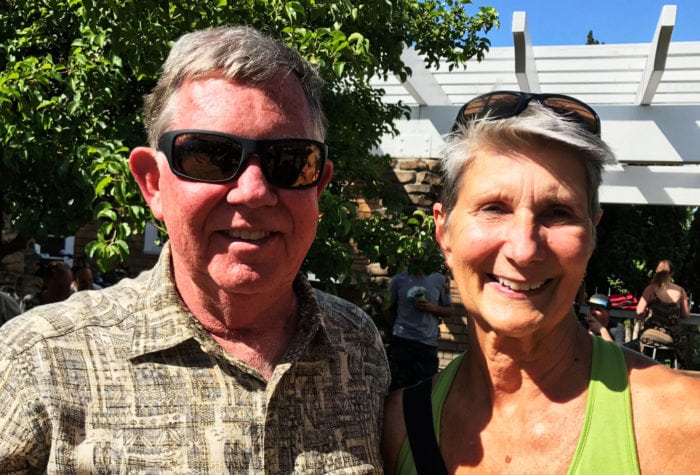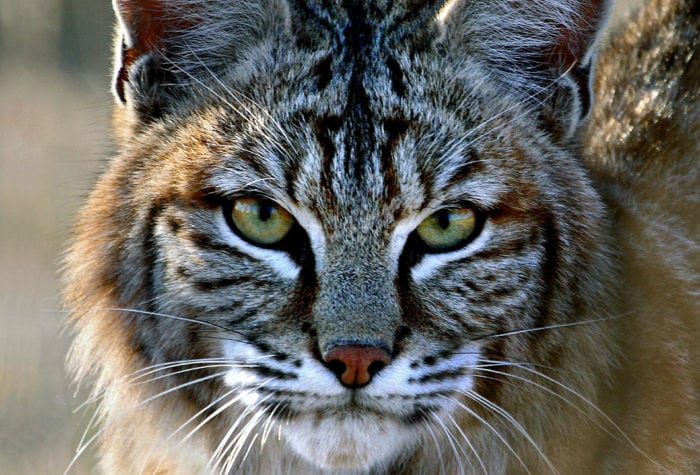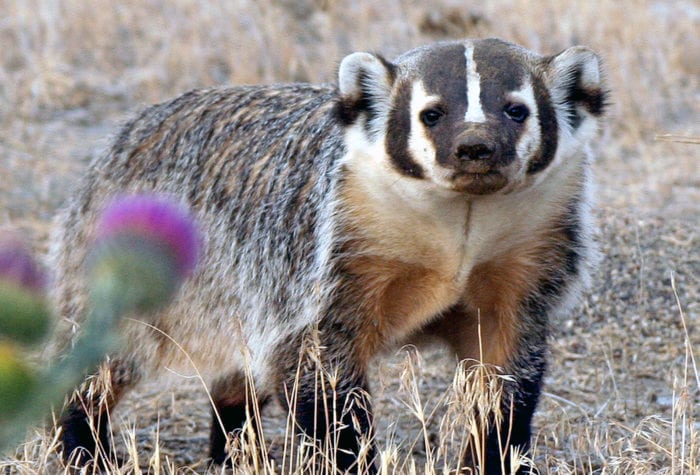Dear ONDA members:
The recent, senseless murders of Ahmaud Arbery, Breonna Taylor, and George Floyd and the threat of violence against Christian Cooper have shaken all of us. The protests of the past week reflect the accumulated pain that has come from generations of racism and injustice in many communities across the country. ONDA stands with the Black community in outrage against these acts and the oppression that pervades many aspects of society. Black lives matter.
As members, you know that a key part of ONDA’s work is encouraging and empowering the public to speak up for conservation of public lands in Oregon’s desert. We ensure that your voice is heard and your values are represented in the long-term management of millions of acres. This is work we’ve been proud to do for decades and we’re continually impressed by the passionate engagement all of you bring to Oregon’s desert and the incredible progress that can be accomplished when we all pull together.
It’s unquestionably clear that, no matter how much we may advocate for broad community engagement in public land management, many communities across the U.S. simply cannot fully engage because they have the literal or figurative knee of pervasive racism and injustice bearing down on their necks. For Black, Brown, Indigenous and many other people, the weight of oppression is physical, economic and emotional. It is immoral. It needs to stop.
If we are to be successful in our mission to conserve Oregon’s desert, we must engage in dismantling racist systems. Everyone deserves a voice in protecting the landscapes they love. Everyone should have the opportunity to speak up on the issues they care about without being silenced, and everyone should feel safe wherever they go, including the remote, awe-inspiring, magical corners of Oregon’s desert.
Our staff and board have been focused on learning, growing and identifying tangible ways to change our organization and the white-dominated conservation sector in which we work. We’ve invested in training, updated hiring and internship programs, and built community partnerships. We aim to listen more than we talk when engaging with non-white communities. We have much to learn, and much to do, and know that we will make mistakes. We hope you will support us and hold us accountable, as you would with everything we do.
We owe it to our community, to the people who have suffered and continue to suffer, and to the future generations that will build upon what we leave as our legacies. We also owe this to our core conservation mission as equality, empowerment, inclusion and justice are inextricably woven into how we can most effectively protect, defend and restore Oregon’s desert for all.
As ONDA board member Erin Gaines recently said, “It will be hard work, and it may be uncomfortable at times, but it is work I know we will all be proud of.”
Thank you for standing with us for justice, equity and inclusion as we stand together for Oregon’s desert.
Ryan Houston
Executive Director


